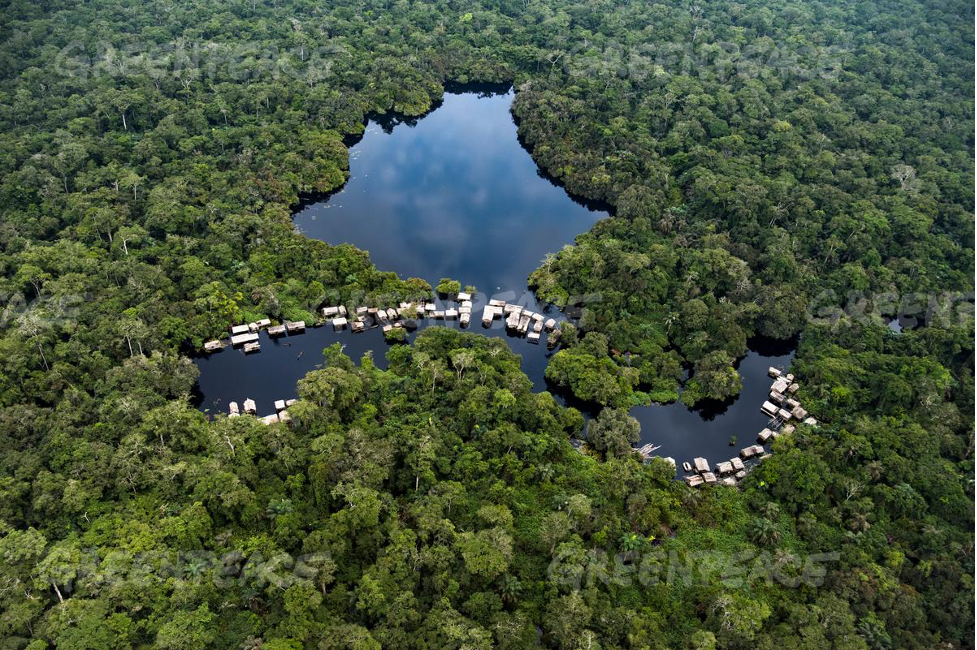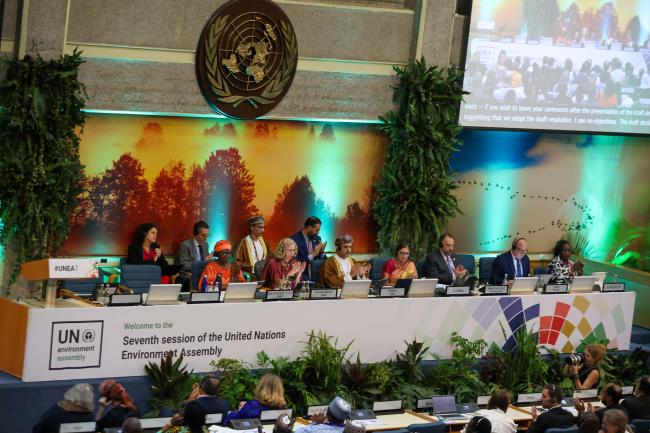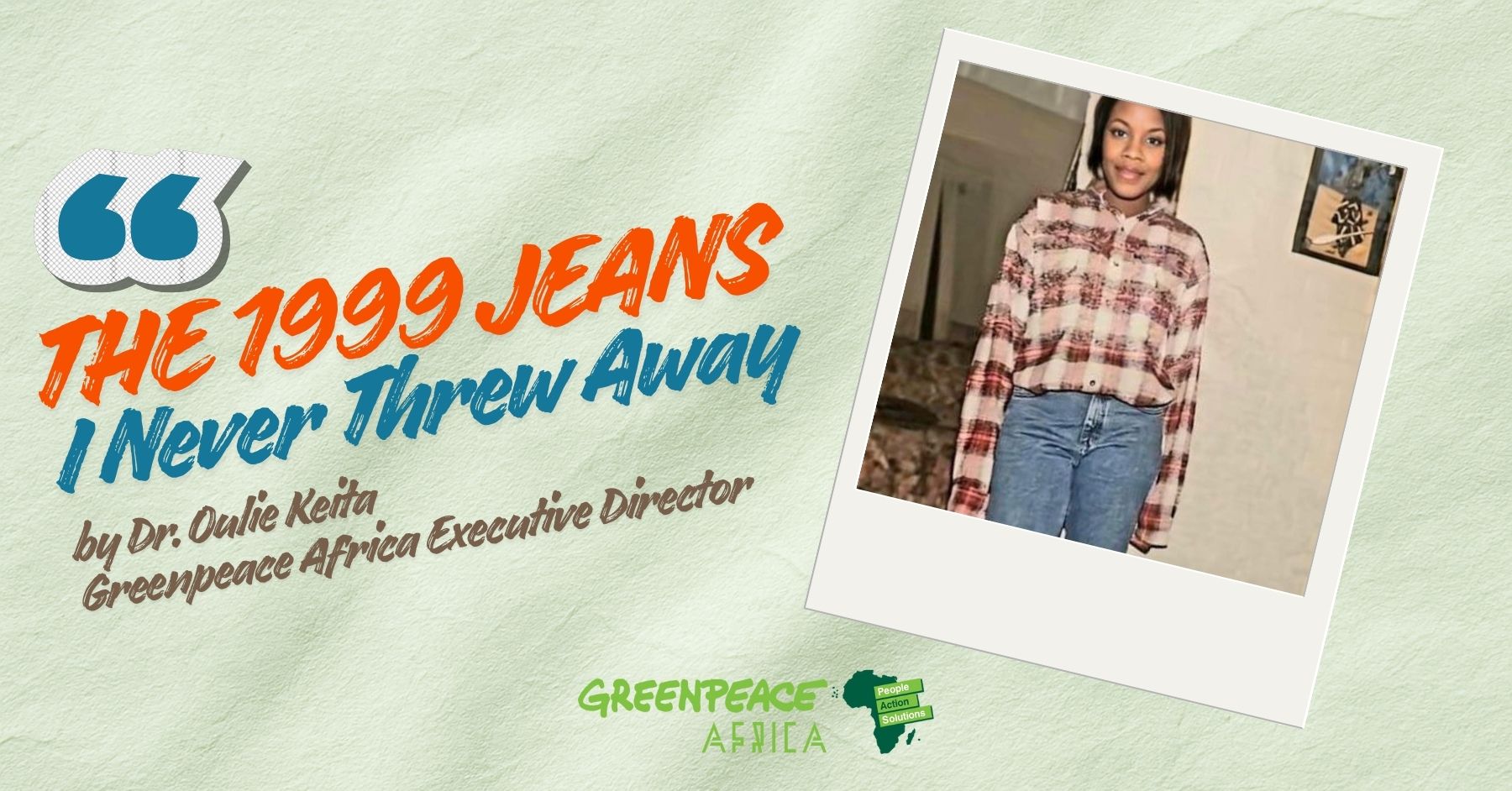
Yaoundé June 8, 2023: Cameroon intends to implement a project to develop 400,000 hectares of land and install large-scale agricultural producers in the central plain, along the Batchenga-Ntui-Yoko-Tibati-Ngaoundéré corridor. According to the Ministry of Agriculture and Rural Development’s explanations, this project has been set up for the agricultural highway, and is supported by the Minaderand the Ministry of State Property, Surveys and Land Tenure. It represents the first phase of a larger project to create 1.131 million hectares of land for medium and large-scale farming.
In response to these developments Greenpeace Africa’s Forest Campaigner Stella Tchoukep has said:
“Cameroon joined the rest of the world just a few days ago to celebrate World Biodiversity and Environment Days. The Cameroonian government reiterated Cameroon’s commitment to protect biodiversity and the environment. On the other hand, Minader has announced that 400,000 hectares of land will soon be made available to agro-industries. A real paradox, since this project could contribute to damage the biodiversity and ecosystem of the target area, “especially with significant impacts on two protected areas: the Mpem and Djim national park on the one hand, and the Mbam and Djerem national park on the other. In the same vein, one might wonder about Minader’s optimism and objectives surrounding this project, given that the agroindustrial projects implemented in Cameroon to date have failed to produce what we consume.”
“Instead of creating a golden bridge for the development of agro-industries, where produce is often exported, and Cameroonians are generally employed and paid poverty wages, why doesn’t the government do more to encourage community farming? Local farming has been (and still is) the basis of agricultural production and has enabled Cameroon to achieve food self-sufficiency.?”
This project will cover an area almost 13 times the size of Yaoundé, the capital of Cameroon. “It is a potential threat to the rights of the communities living on the land thus demarcated. Indeed, populations will certainly be forced to leave their homes, customary lands and their terroirs of activity to benefit from the implementation of this agricultural project. While a compensation mechanism will be set in motion, it can’t be an effective compensation measure, given that the 1985 law on expropriation in the public interest and compensation arrangements, and its 1987 implementing decree, do not do the communities any justice at all.”
This project is being put on the table at a time when Cameroon has not completed the series of reforms it has embarked upon (land, forestry and regional planning reforms These reforms “should take into account a number of concerns, including the present and future land needs of communities, the imperative of combating climate change and the protection of biodiversity through a rights-based approach.”
Luchelle Feukeng
Communications Officer, Greenpeace Africa
Email: [email protected]
Phone: +237 656 46 35 45 (WhatsApp)
Stella Tchoukep
Chargée de campagne forêt Bassin du Congo, Greenpeace Afrique
Email: [email protected]
Téléphone: +237 6 94 59 06 79



